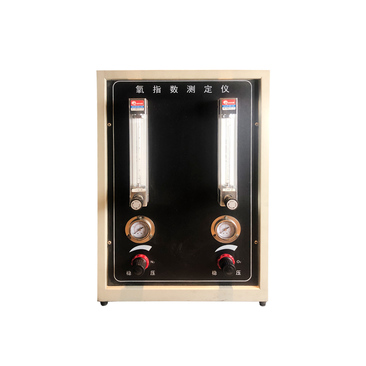custom insulation resistance tests
Understanding Custom Insulation Resistance Tests
Insulation resistance testing is a critical procedure in maintaining the integrity and safety of electrical systems. It plays an essential role in ensuring that electrical equipment operates efficiently without the risk of leakage currents that could lead to equipment failure or pose safety hazards. While standard insulation resistance tests are commonly used across various industries, custom insulation resistance tests are tailored to meet specific needs and requirements of particular applications or environments.
What is Insulation Resistance Testing?
Insulation resistance testing involves measuring the resistance offered by the insulation of electrical wires, cables, and equipment. The fundamental purpose of this test is to ensure that the insulation is intact and capable of preventing unintended electrical current from escaping the intended pathways. This is crucial for protecting personnel, equipment, and maintaining operational efficiency.
Typically, insulation resistance tests are conducted using a megohmmeter, which applies a high voltage to the insulation and measures the resistance. A higher resistance value indicates better insulation quality, while a lower value may indicate deterioration, moisture intrusion, or other issues that need attention.
Why Customization Matters
While standard testing procedures provide valuable insights, there are scenarios where customized insulation resistance tests can offer additional benefits. Various industries—like renewable energy, manufacturing, and healthcare—often have unique operational environments and specifications that necessitate tailor-made testing approaches.
1. Specific Equipment Requirements Certain machinery or electrical systems may have unique designs or operate under unusual conditions. Custom tests can be developed to assess their insulation resistance more accurately by considering the specific electrical load, the operating voltage, and the type of insulation material used.
2. Environmental Considerations Environmental factors such as humidity, temperature, and potential chemical exposure can significantly affect insulation quality. Custom tests can be designed to simulate these conditions, providing a more realistic evaluation of how the insulation will perform in its intended environment.
custom insulation resistance tests

3. Regulatory Compliance Different industries may have specific regulatory standards dictating the testing procedures. Custom insulation resistance tests can be designed to ensure compliance with industry regulations and guidelines.
4. Historical Data Integration Custom tests can be formulated by analyzing historical data from equipment performance, previous maintenance records, and failure rates. This analysis allows for the development of tests that target potential problem areas, thus enhancing reliability.
5. Focused Testing In some cases, it may not be feasible or efficient to conduct a full-scale insulation resistance test across an entire system. Custom tests can be focused on critical components or sections of the system, optimizing testing time and resources.
Implementation of Custom Tests
Implementing custom insulation resistance tests begins with a thorough assessment of the requirements and constraints associated with the equipment and its operational environment. Specialists, including electrical engineers and maintenance professionals, collaborate to design a testing protocol that addresses these unique factors.
Following the development of the custom testing methodology, the equipment is subjected to the specified tests. Data collected during testing is analyzed to determine the insulation resistance levels. It is vital to compare these findings against predefined thresholds to identify any potential issues.
Conclusion
In conclusion, custom insulation resistance tests offer a significant advantage over traditional testing methods by tailoring the evaluation process to specific applications, environmental conditions, and regulatory needs. By focusing on the unique aspects of different electrical systems, these tests enhance reliability, improve safety, and ultimately contribute to the longevity of the equipment. As industries continue to evolve, the importance of customized solutions in electrical testing will become increasingly vital in ensuring operational efficiency and safety.
-
The Role of Tensile Force Testers in Quality Control and Material Science
NewsAug.01,2025
-
Maintenance and Safety Tips for Aging Ovens
NewsAug.01,2025
-
Density Balance in Forensic Science
NewsAug.01,2025
-
Advanced Optical Measurement Technologies
NewsAug.01,2025
-
A Buyer’s Guide to Tensile Test Machines
NewsAug.01,2025
-
Why the Conductor Resistance Constant Temperature Measurement Machine Redefines Precision
NewsJun.20,2025
 Copyright © 2025 Hebei Fangyuan Instrument & Equipment Co.,Ltd. All Rights Reserved. Sitemap | Privacy Policy
Copyright © 2025 Hebei Fangyuan Instrument & Equipment Co.,Ltd. All Rights Reserved. Sitemap | Privacy Policy
